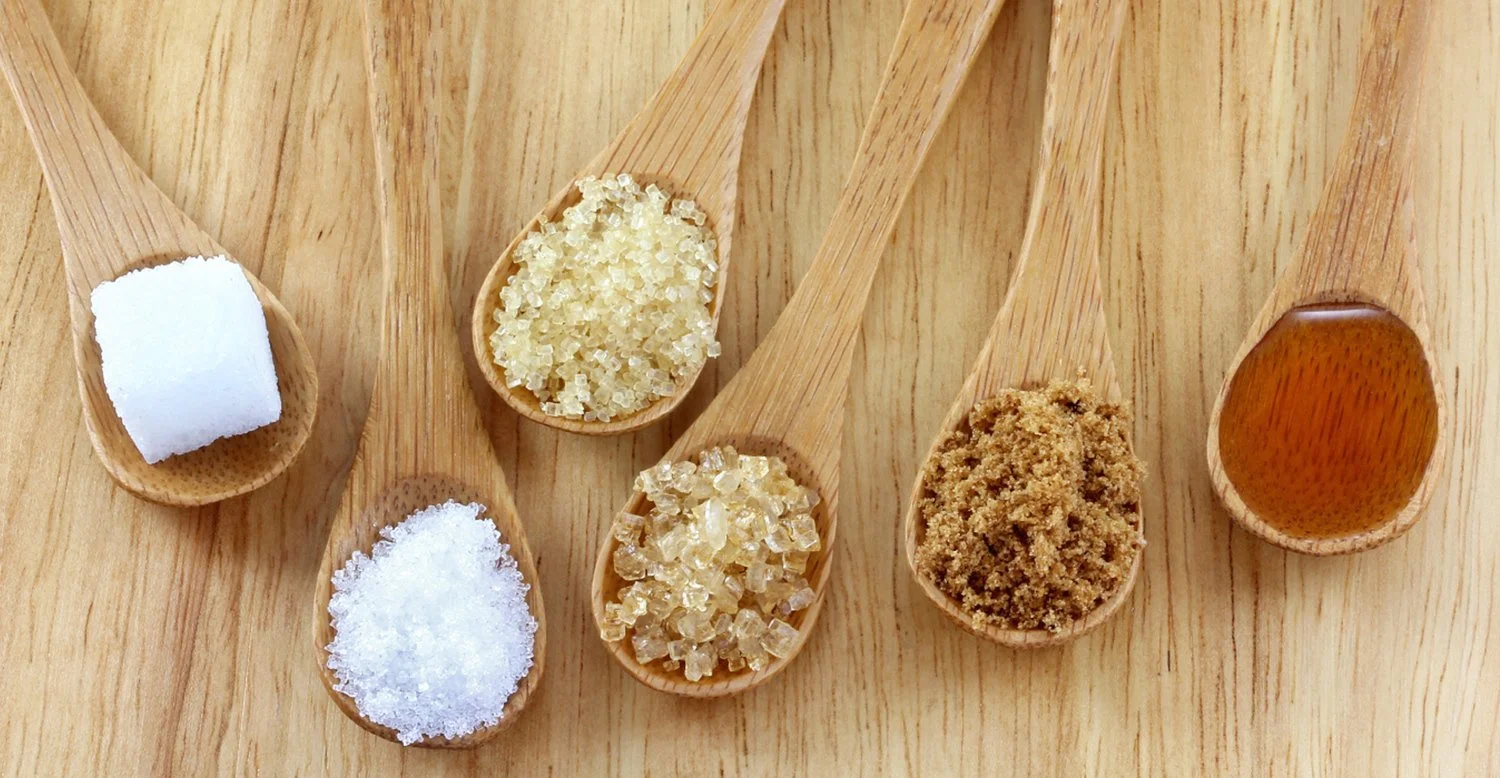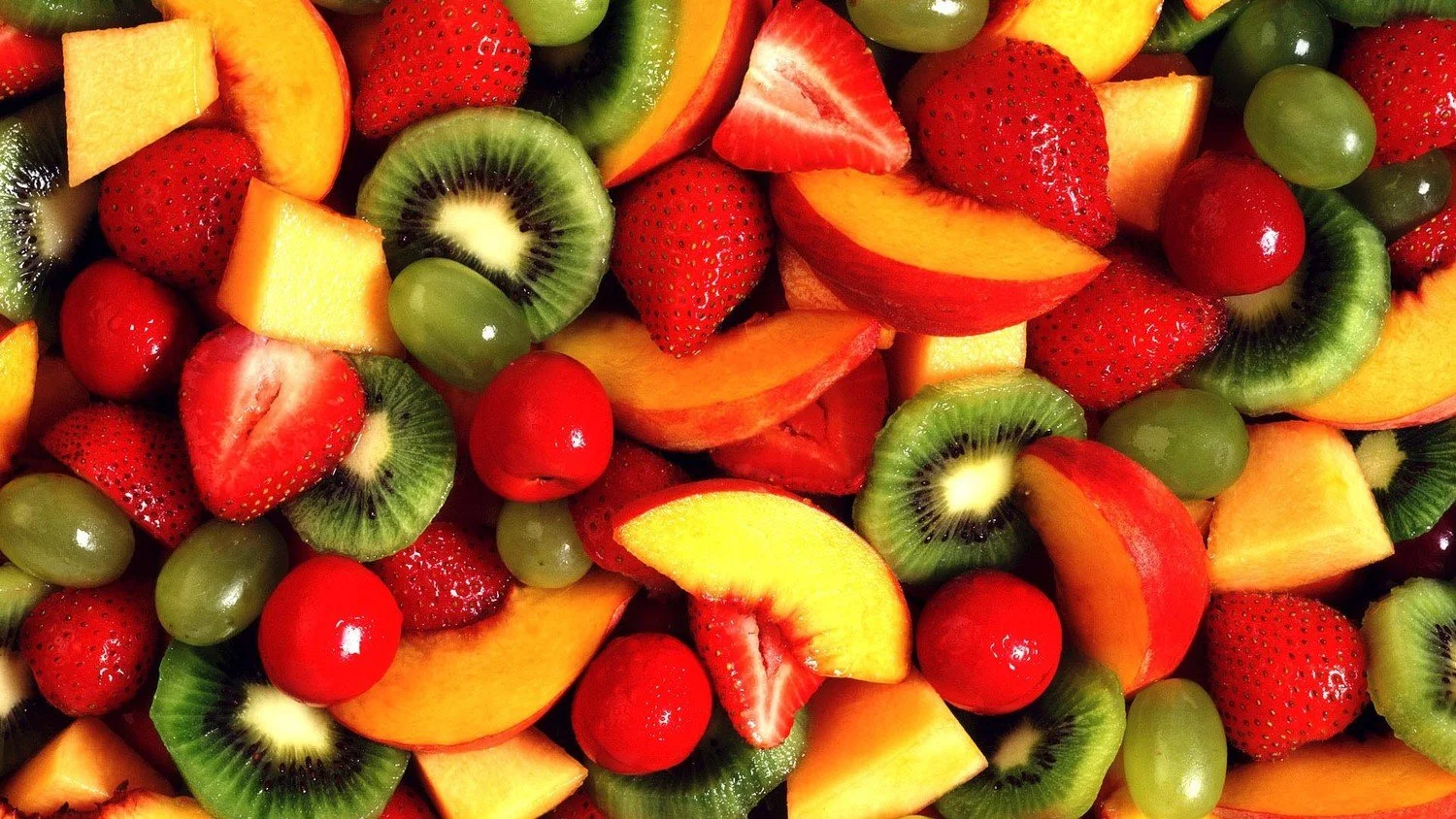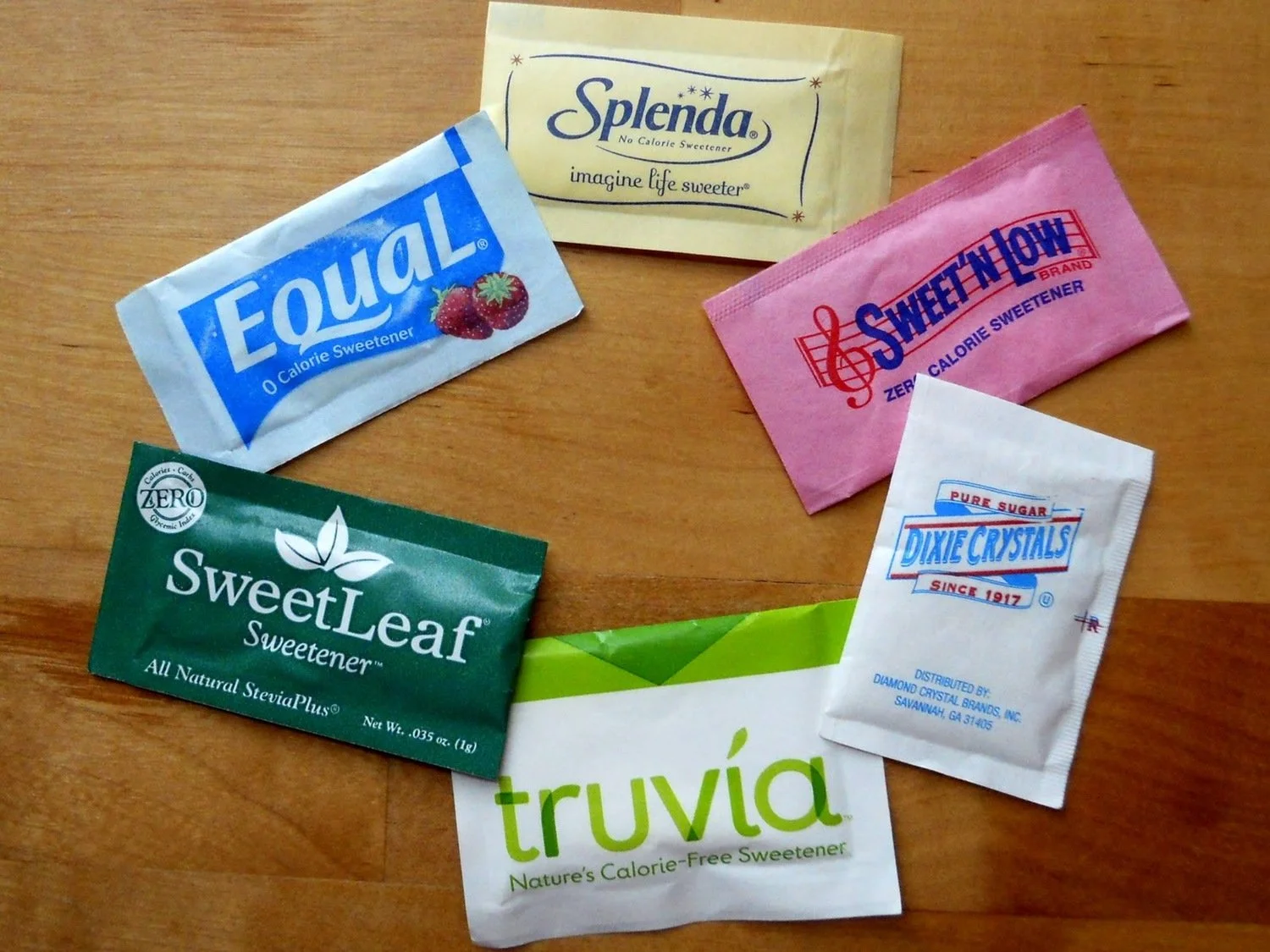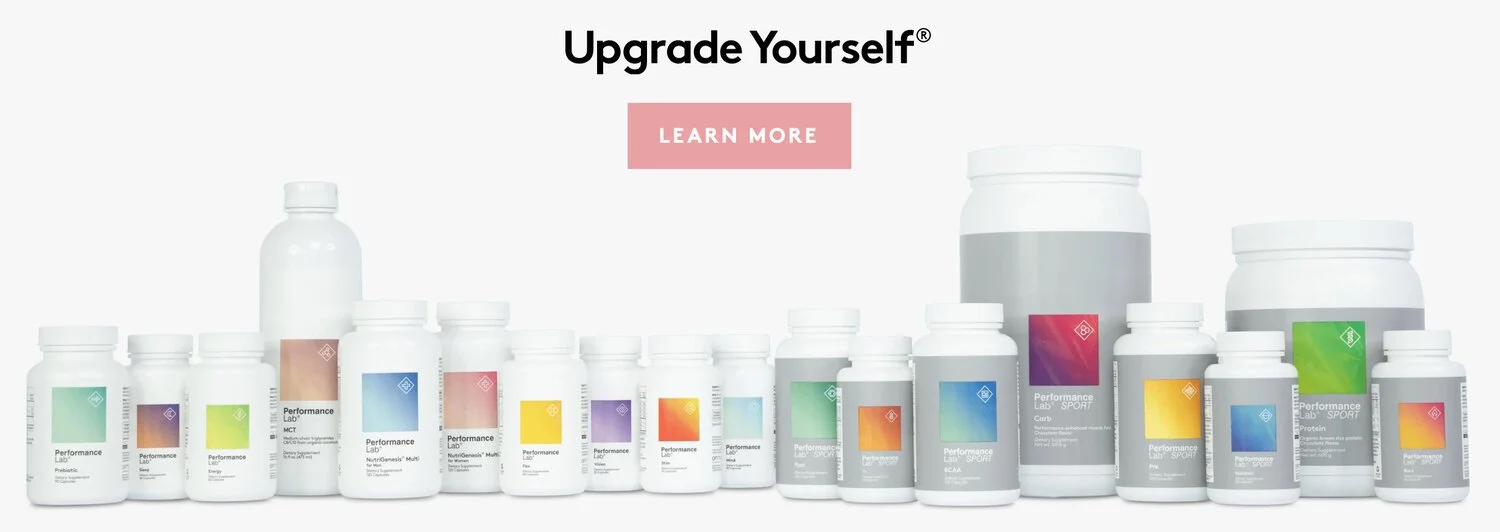Sugar – is it bad for you? The unsweetened truth!
By Martin Ebner
Sugar it seems is absolutely everywhere. From high fructose corn syrup beverages to sugar-laden cereals to seemingly healthy low-fat products. In the US - sugar consumption has skyrocketed 1500% over the last 150 years. The United States national average consumption of sugar last year was a whopping 45 kilos per person (almost 4 kilos per month). Let’s do the math. 16 Calories per tablespoon of sugar works out at 170, 280 calories per year, 14,189 calories per month (The equivalent of 70 pints of beer) 472 calories per day. This means a whopping ¼ of the US’s calorie consumption comes in the form of sugar.
“8 times more addictive than cocaine, crippling and absolutely delicious!”
It should come as no surprise then that The US has one of the worst obesity rates on the planet. But hold on... Sugar doesn’t make you fat, fat makes you fat, right?! Well yes, an excess of fat in your diet will make you fat, but, and this is a big BUT, an excess of sugar is far more detrimental to your waistline that fat could ever be.
Is all sugar bad?
Sugar comes in all sorts of different varieties, from white to brown, soft to coarse, mild in flavor to over the top tooth-rotting-sweet. Did I mention sugar destroys teeth?!
There are so many different names for sugar, simple sugars like glucose, fructose, and galactose and more complex sugars like sucrose, maltose, and lactose. Chances are if it ends in an OSE, it’s probably sugar.
Conclusion: Sugar is sugar and regardless of its color, texture, consistency or name offers NO vitamins, minerals, or antioxidants whatsoever.
Learn to read the labels
In most countries, laws require that food companies list their food’s ingredients in order of prominence. However, nutritional labels are often confusing and food and beverage companies complicate matters further by not calling sugar, sugar. Instead often listing 2 - 3 types of sugars with fancy names to make the product appear less sugary than it actually is. If it contains glucose, fructose, galactose, sucrose, maltose, and/or lactose, it’s all sugar!
Fruit and Fruit juices
Fruit - whole fruit is an essential part of a healthy diet. Yes, it contains sugar, but not enough of it to cause any health problems or risks. It’s one of nature’s finest little creations. Thanks to fruit’s high fiber and water content, the sugar (fructose) found in fruit takes longer to arrive to the liver and thus giving the body more time to convert the fructose into useable energy and not store it as fat.
Fruit juice - Would you eat 3 grapefruits in one sitting? Probably not, so why would you drink the equivalent? What most people don’t realize is that fruit juice is rarely the real deal, more often than not coming in the form of fruit concentrate with added sugar. If you are lucky enough to find the real deal, it’s sugar-laden and contains little to no fiber at all. 100mls of grapefruit juice contains near enough 10g of sugar. That’s roughly the same as a 100ml of coke.
Conclusion – Eat fruit, Just don’t go bananas, excuse the pun. Eat 1 piece at a time and avoid fruit juice!
Is there ever a good time to eat sugar?
As part of a healthy and active lifestyle, in moderation, sugar can play an important part in your diet. Sugar is energy and pre workout and post workout when combined with a protein source can help you slug through a gruelling workout, pack on muscle and boost insulin levels, which are naturally low after a workout.
Conclusion: Moderation is key. If you simply can't live sugar free, take advantage of the 30 minute post workout window to consume your daily hit of the sweet stuff. Your body will use the sugar as replenishment and not as fat storage.
Is there an alternative to sugar?
We already have a wide variety of artificial sweeteners on the market. The most well known being Aspartame, but as the obesity crisis rages on, scientists are frantically searching for healthy sugar substitutes.
Can these chemical concoctions be any good for you?
Despite a few alarming studies back in the '70s linking saccharin to cancer in rats, there's very little evidence suggesting that artificial sweeteners cause problems in humans. Aspartame was approved by the FDA in 1981 and since then studies have found no convincing evidence. The World Health Organisation and The FDA say that aspartame in moderation poses no threat. However, as a precaution, the FDA has established maximum intakes for sugar substitutes: A 70kg adult can devour eight and a half packets of Sweet'N Low, 87 packets of Equal or NutraSweet, or 25 packets of Splenda daily. Not sure I’d agree!
Despite being largely calorie-free, the human brain responds to sweetness with signals to eat more. By providing a sweet taste without any calories, artificial sweeteners cause us to crave more sweet foods and drinks, which can add up to excess calories and in extreme cases, a resistance to insulin.
Conclusion: Until further and more conclusive studies have been conducted, there’s little to suggest that Artificial sweetener in small dozes causes any real harm to humans. Go easy and stick to well within the FDA’s maximum intakes for sugar substitutes.
Related articles: The no nonsense way to lose weight
For more fantastic health and fitness-related articles, check out the ebylife blog, or for personal training and wellness services in Barcelona get in touch today.






